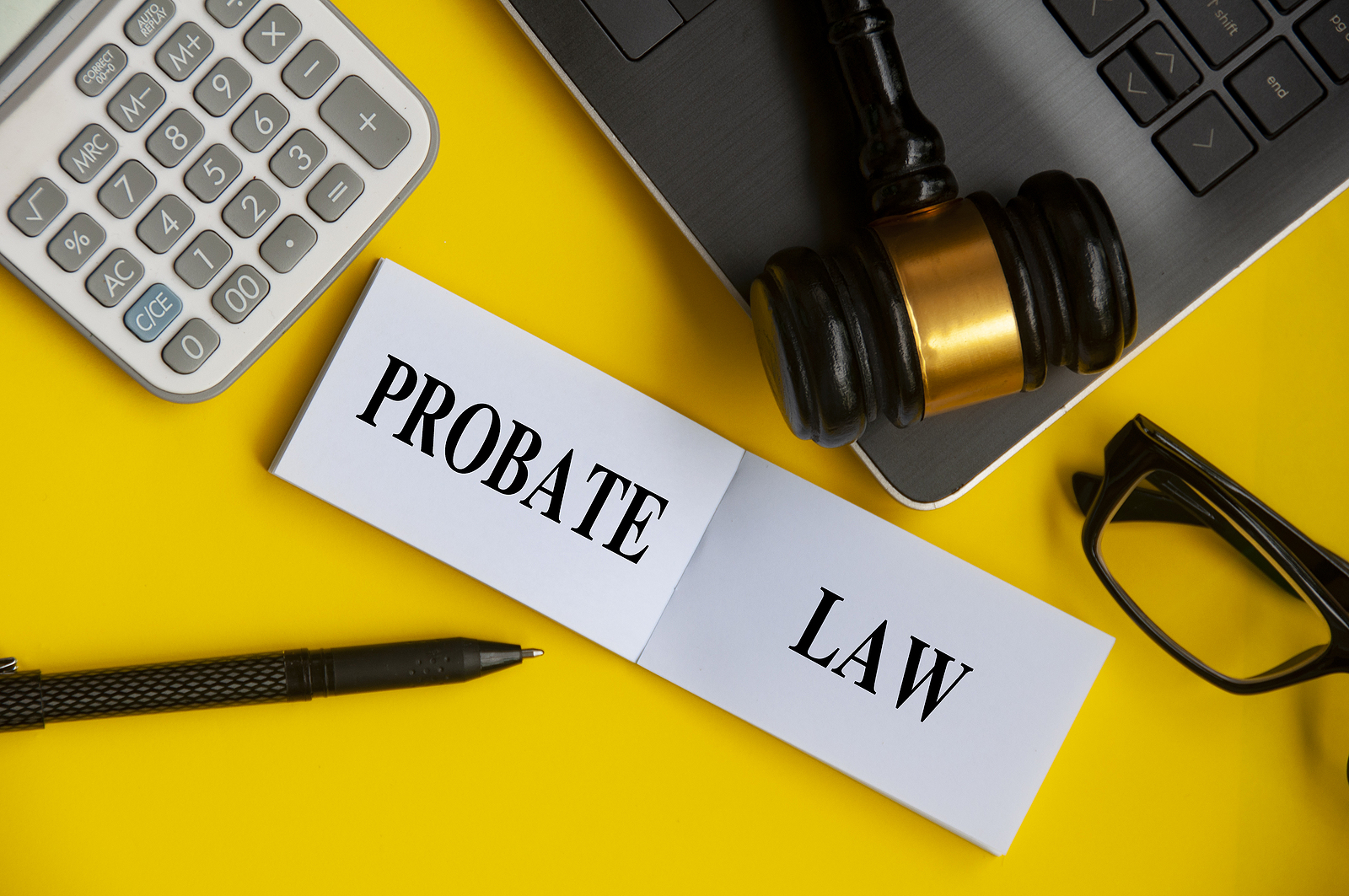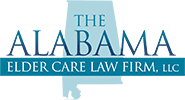
What is probate law? It’s a process where a person’s will is accepted by a court and proven to be a legally binding document, which is essential when it comes to closing an estate after a person’s death. Here are the elder law tips you need to know about probate.
What Does the Probate Process Entail?
Probate covers a number of steps. It’s complex and can take a few months or even several years depending on the size and complexity of the estate.
- A petition for probate is filed with the court
- A notice of the petition for probate is served on all creditors and heirs
- An executor is appointed to administer the estate, which means getting an inventory of all assets and debts
- Paying all of the outstanding debts
- Splitting and paying the assets as directed by the will
- Closing the estate
How complex it is varies from one person to the next. If a person is renting a home and has no savings, the estate isn’t going to have to do much to complete the process. In some states, a low enough income may eliminate the need for probate. A large estate with millions in bank accounts, stocks, bonds, etc. can be very complex and take a lot of time to work through. This is why estate planning is essential.
It’s Possible to Avoid Probate
Are there other options that older adults can use to avoid probate and protect their heirs? It can be better to avoid probate completely by doing one of several things.
- Establishing a payable-on-death account and making sure accounts are paid to a specific person when you die
- Establishing joint ownership with rights of survival on all financial accounts
- Establishing a living trust and transferring the ownership of your assets before your death
- Establishing a transfer on death registration and ownership is transferred to a person you’ve named without having to go through probate
Before taking any of those options, it’s very important to know the area laws. Too many people don’t use these other options correctly or take no steps to protect their estates and end up with heirs battling over assets for years. An elder law attorney specializing in estates and probate law is your best defense against future headaches.
Can’t You Do It Yourself?
Should you rely on free online legal forms to set up your POA, will, and an advance directive? This can lead to problems as these forms are not legal in all areas. The best way to ensure your wishes are protected is by working with an elder law specialist in probate law.
It’s best to talk to an elder law practice and ask about the benefits of probate and how comprehensive your plan needs to be. Call and schedule an appointment to learn more.
